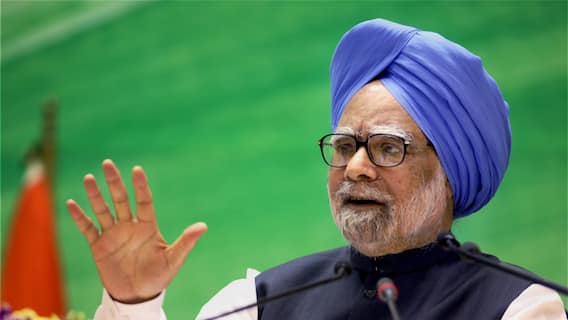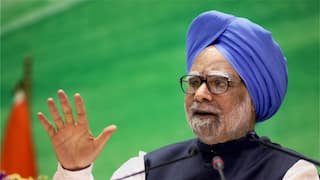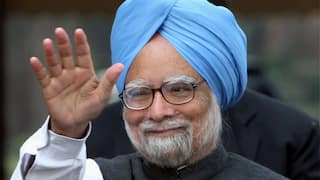What Is A Non-Dom? Tax Status Claimed By British Finance Minister Rishi Sunak’s Wife Akshata Murthy
Murthy reportedly earns £11.5 million in annual dividends from her stake in father’s IT business based in India, but her non-dom status means she is not liable for UK tax on income earned abroad

New Delhi: A latest report has revealed that Akshata Murthy, who is the Indian wife of British finance minister Rishi Sunak, and daughter of the founder of Infosys NR Narayana Murthy, is richer than Queen Elizabeth. Murthy is not liable for UK tax on income earned abroad because of the non-dom status.
Sunak's popularity has nosedived due to rising consumer prices amid recent reports that Murthy’s foreign earnings are shielded from British tax authorities.
ALSO READ: Spiralling Food Prices Likely Pushed Inflation To 16-Month High In March, Says Report
Murthy reportedly earns £11.5 million in annual dividends from her stake in her father’s IT business, which is based in India, according to the news agency PTI. But her non-dom status means she is not liable for UK tax on income earned abroad. She would not have paid UK tax, at a rate of 39.35 per cent, on the dividend, as per the BBC report.
Going by the PTI report, someone without non-dom status earning this much in the UK would have, in the last year, paid close to £5 million in income tax in the UK, plus another £250,000 in national insurance contribution. In fact, it would have increased her husband’s national insurance cost of the household by an additional £150,000 or so in taxation had she not declared herself non-dom.
What’s non-domicile status?
Non-domicile, or non-dom, is a British tax status that has been available since the French revolution. This means a person who was born in another country, or if their parent is from another country will be allowed to pay tax in the UK only on their UK income, states the report.
Under the government rules, people can be granted non-dom status implying the UK is not considered their permanent home if they live in the country but intend to go back to their home country.
Reformed in 2015, the system became more complicated. Non-dom has been restricted to 15 years. The reforms have effectively reduced the number of people claiming non-dom status. Now, only the very wealthy can afford to take advantage of this. Many move out of the UK after 15 years for five years, and then return and claim another 15 years of non-dom.
How does it benefit British citizens and foreigners?
The regime has been sometimes abused, by foreigners, or British citizens, to avoid paying tax altogether, as per the report. In principle, they are required to pay tax in the countries where income is earned, the fact that they live (and are tax residents) in the UK makes it easier to arrange their affairs and end up paying little or no tax at all.
It has been witnessed that many of the wealthiest families living in the UK are not contributing to direct taxation in the UK.
However, it is claimed that the system is still useful because these people tend to contribute indirectly, maintaining a small army of servants and service providers, who themselves pay income tax. Non-doms may also pay VAT on expensive goods and services in the UK.
What happened in the case of Akshata Murthy?
A statement from Murty’s spokesperson pointed out that being an Indian citizen helped her achieve non-dom status. Akshata Murty is a citizen of India, the country of her birth and parents’ home. India does not allow its citizens to hold the citizenship of another country simultaneously. Going by the British law, Murthy is treated as non-domiciled for UK tax purposes. She has always and will continue to pay UK taxes on all her UK income, mentioned the report.
She is a tax resident in the UK since she lives there. The fact that she is an Indian citizen is not relevant – non-dom status is a choice.
Sunak supported this view while responding to The Sun, saying: “That’s where her family is … that’s where she, you know, ultimately will want to go and look after her parents as they get older.”
After living in the UK for seven of the last nine tax years, they must pay a fee of £30,000 to maintain non-dom status (as Murthy does). After 12 of the last 14 tax years, the fee is £60,000. And once someone has lived in the UK for 15 years, they become automatically domiciled. Murthy is known to have moved to the UK in 2015.
Trending News
Top Headlines





































